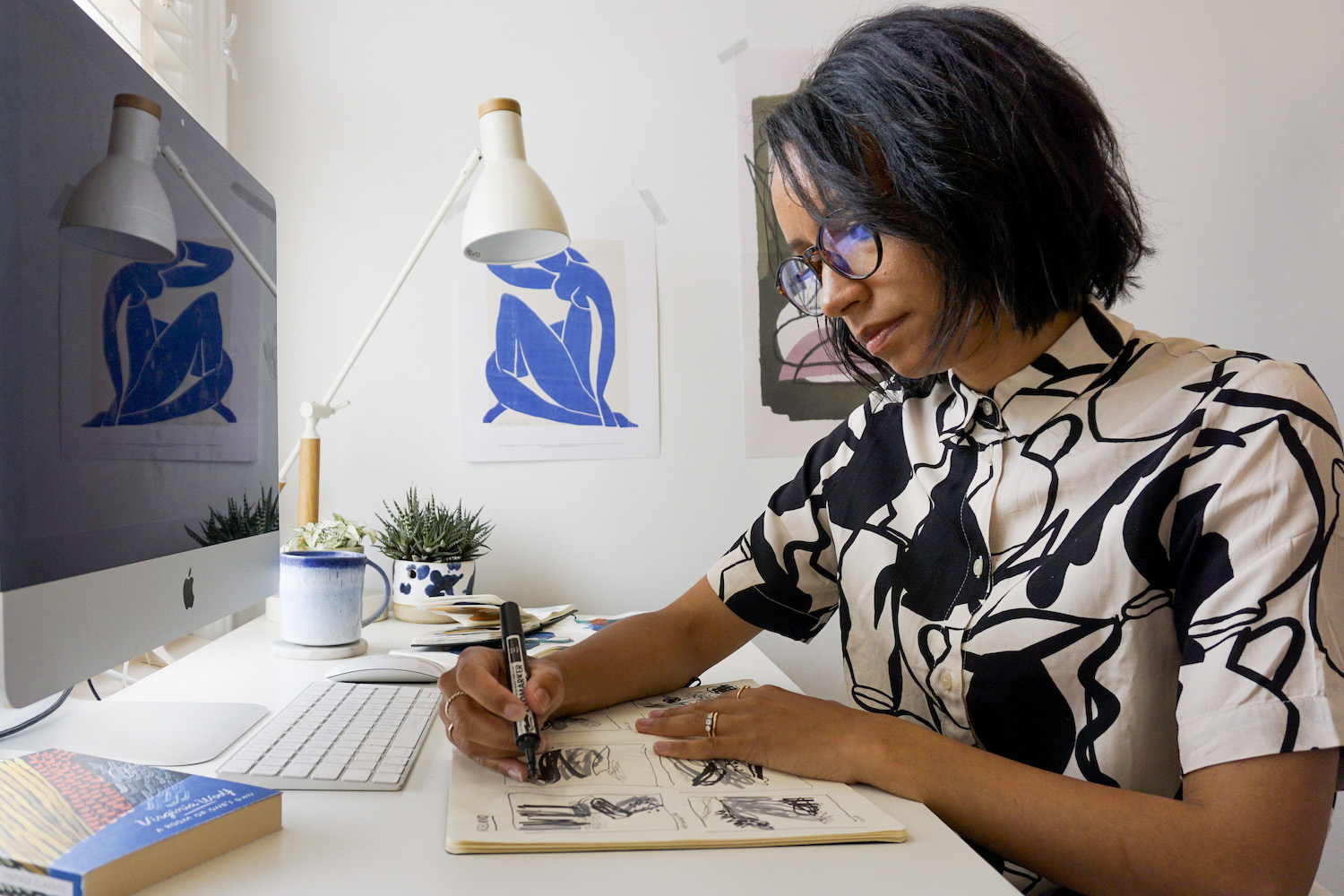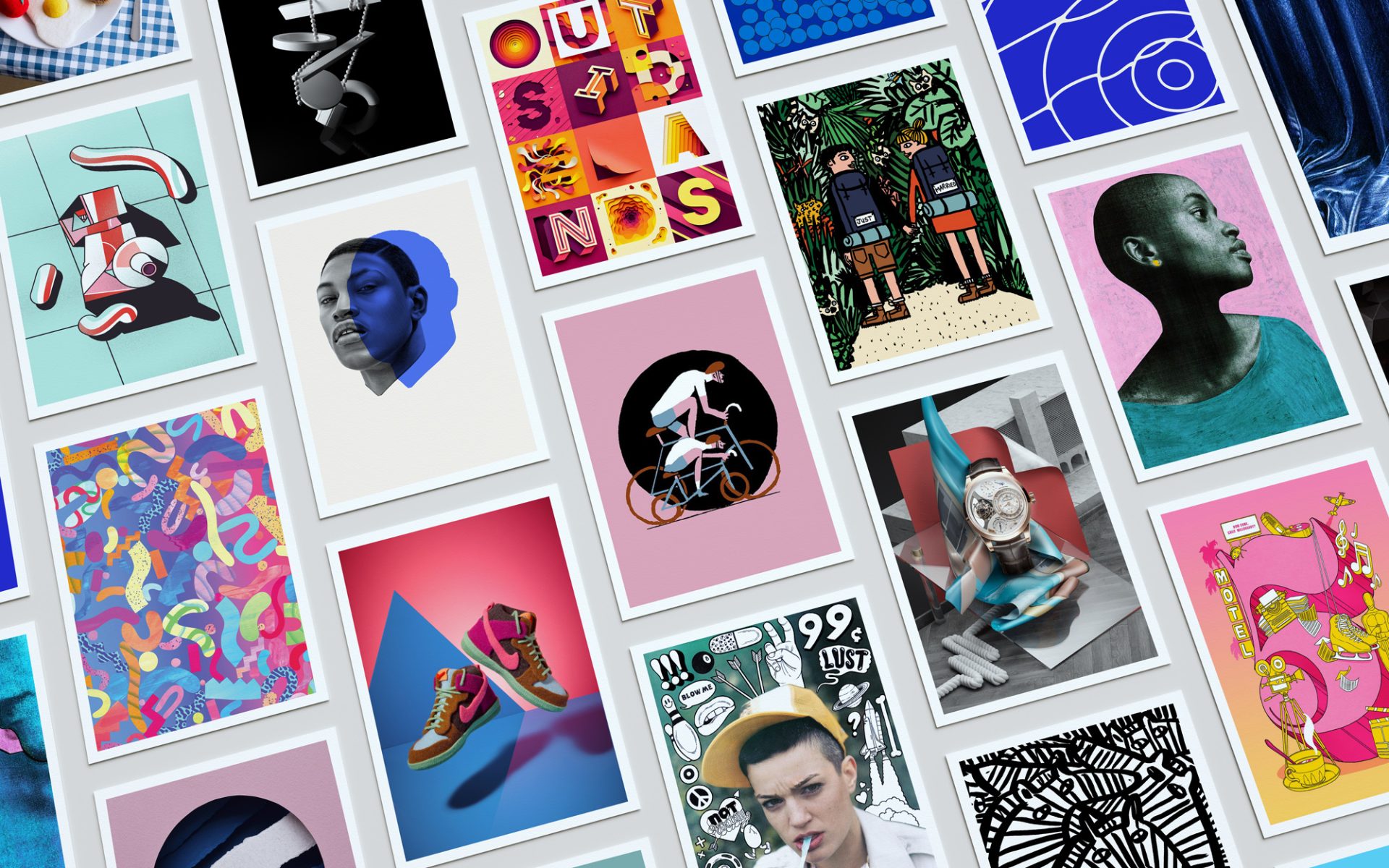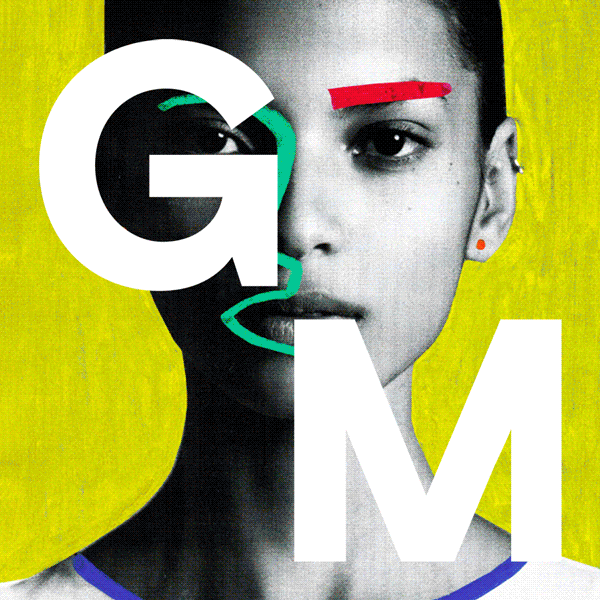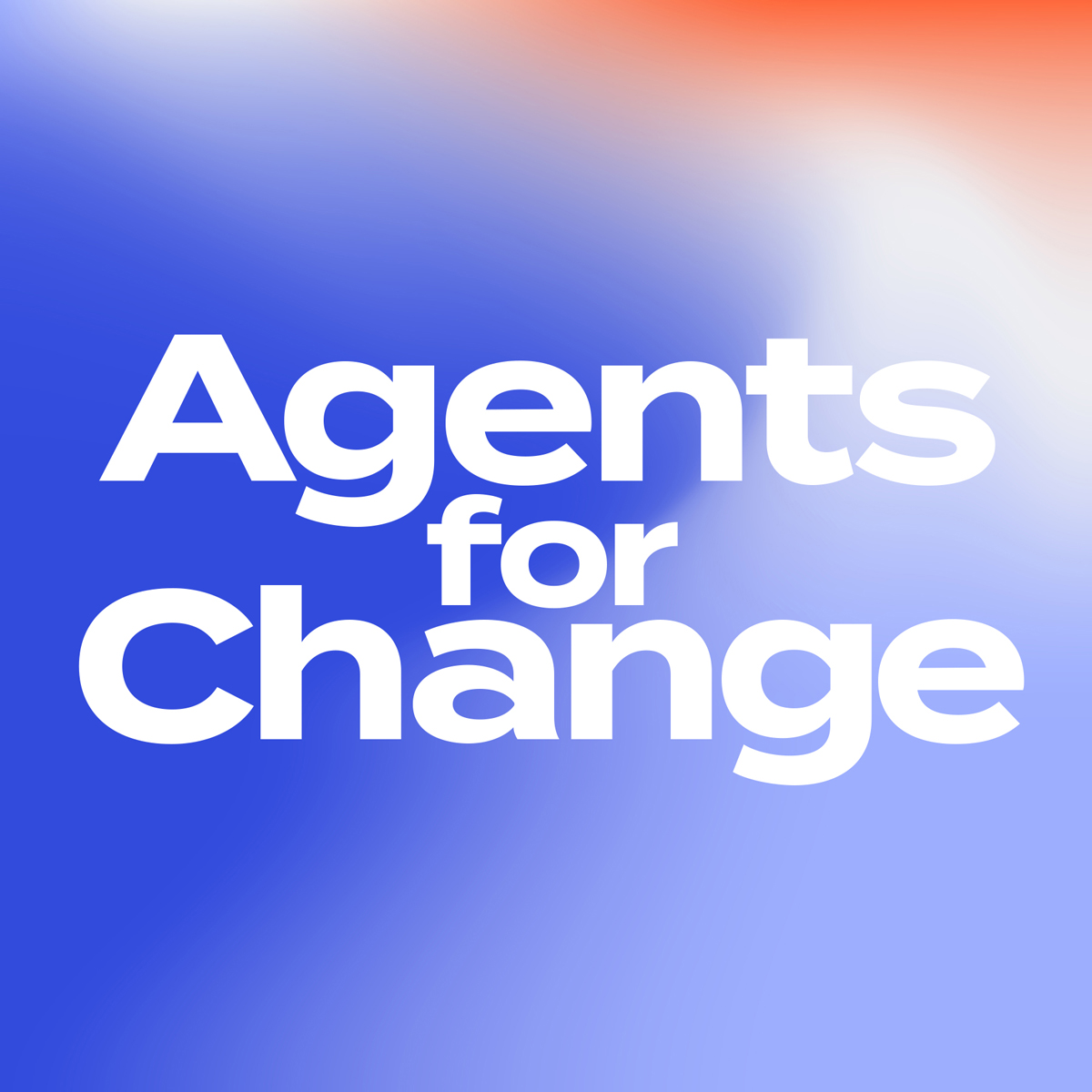Keep Your Copyright – Agent Focus with Ciara Phelan

It’s never been more important for artists – including illustrators – to do everything in their power to protect their copyright and retain autonomy over their work. 34% of illustrators say they don’t have a good understanding of licensing, and 44% don’t feel confident negotiating contract terms with clients. Unfortunately, illustrators are increasingly being asked to sign away their copyright, with more commissioners asking for a copyright assignment as part of their contracts instead of licensing.
Like the AOI, Illustration Agents are no stranger to striving for Illustrator’s best interests and pushing back against unfair terms. We spoke to Grand Matter Co-founder & Creative Director, Ciara Phelan, to get her views on the importance of copyright and protecting licensing based industries.
Read below to hear what Ciara had to say!

Could you tell us a little about Grand Matter and what your agency ethos is?
Grand Matter is an artist agency globally representing a select roster of creatively curious illustrators and makers. We help provide creative production and art consultancy with a focus on meaningful creativity. Co-founded by myself and creative producer Dorcas Brown, we focus on building great relationships with both clients and artists. As part of our on-going mission to support meaningful creativity, we also initiate collaborations with artists, brands, charities and all else in between, to engage with the topics that matter to us through the GM Studio.
How do you empower your artists to succeed?
We try to advocate for our artist as much as possible, and are always available if they need advice or guidance. We also encourage them to pursue their passion and create work that makes them happy, not work they think they should produce to be on trend.

Has there ever been a situation when you accepted a copyright assignment for an artist, and why did you do this?
There have been situations where we have accepted a copyright assignment for our artists, but this is very rare as we usually strongly encourage a client to pursue an in-perpetuity licence. This compromise usually gives the client the ability to use the artwork as they need for the project, whilst the artist maintains moral rights. If an artist agrees to assign copyright to another party, then we make sure the fee reflects this level of usage and also that the artwork feels fairly bespoke (so it is unlikely to be used elsewhere).
What are your thoughts on copyright assignment?
I feel that it is always preferable to own the rights to the art you produce. Unfortunately, there is often a lack of understanding around the subject and so they are assigned over too easily. I think campaigns like this are really important to make sure artists are more educated on the subject.
You’re now a director on the board of The AOI and a founding member of Agents for Change. What do you hope to achieve with these roles?
My goal has always been to support and empower artists. Joining the AOI has been such a fantastic opportunity for me; I feel I am part of some really important conversations, and can hopefully offer some valuable insights based on my experience as a freelance illustrator and artist agent. Through Agents for Change I hope to create space for those that might have felt previously excluded from the industry, and hopefully improve pathways for those making their way in by providing mentoring and guidance.

What advice would you give illustrators trying to negotiate better rights in contracts?
I would encourage them to seek advice from a third party if they are unsure or feel uneasy about the terms, as contracts can often use very convoluted language to create a certain vagueness. I would also encourage artists to remember their value, and that they should never feel pressured into signing something they don’t feel comfortable with.
How do you negotiate for higher fees and fairer licence terms? How could artists do this for themselves?
It is often much easier for us agents to negotiate higher fees, as we are a third party and find it easy to advocate for our artists (as it is something we do everyday). I have learnt that it is best to be prepared to walk away, which I know is much easier said than done.
Try to have confidence in yourself, your work and the value you are bringing to a project. If a client doesn’t recognise your contribution, then maybe they aren’t right to work with.
Many thanks to Ciara for her time and answers.
You can see more from Grand Matter via their Website and Instagram.
Back to News Page
